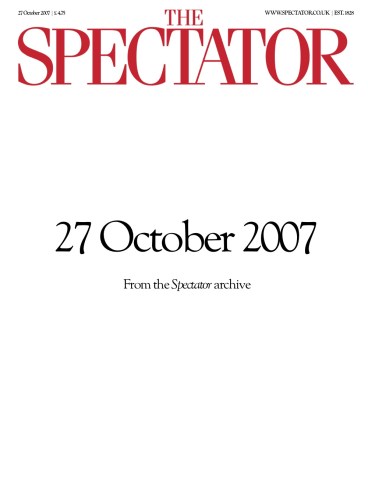Getting to the bottom of John
The first time I came across John Mortimer was while I was working as a gossip columnist. I had for some reason or another to telephone him in search of a quote, and did what dozens of my kind had done before, and dozens have done since. The telephone was answered by an elderly lady’s






